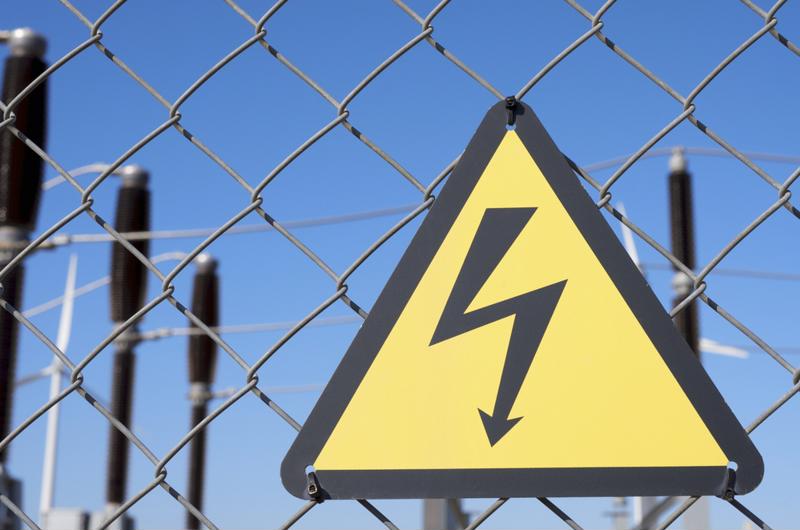Curbing the risks energy exploration poses in the data center
Curbing the risks energy exploration poses in the data center

Utility, oil and gas companies are in the somewhat unique position of having business models that directly depend on their ability to locate stores of natural resources in the Earth. More importantly, billions of people worldwide rely on the success of these companies to go about their daily lives. It's somewhat alarming, then, that the world is currently facing a potential energy crisis due to shrinking pools of natural resources.
As a result, energy exploration is therefore becoming increasingly difficult, prompting utility providers and oil and gas companies to rely heavily on technology. According to The Motley Fool, this includes the use of something called "seismic surveys," which send a pulse through the ground so as to map out what's beneath the surface. Choosing where to test isn't as easy as picking a point on the globe. It requires months, often years of research backed up by massive quantities of data pointing to the likelihood of a hit.
Even when the seismic survey is spot on, and it discovers a new source of natural gas or oil, drilling must be extremely deliberate. Exactly how, where and when they will extract the resources requires an immense amount of testing and analysis from geologists, physicists and technicians. This often entails intense computing operations supported by massive amounts of data storage. The result could be extremely high levels of power consumption in the data center, which is not only costly, but if improperly managed, extremely dangerous.
The hazards of power-dense data centers
Any data center with a significant quantity of high-density racks is going to consume a lot of electricity. This is the result of all the servers in use, but also ancillary energy consumption needs for climate control within the facility.
As power pulses through the data center, electrical loads can become unbalanced. This can be caused by any number of factors, including how many servers are online at any given moment, or even anomalous voltage spikes. The results can be circuit overloads that temporarily knock equipment offline.
Disproportionate distribution of power can also result in damaged equipment. In an industry such as utilities that demands many high-powered servers, a problem in the data center may lead to costly, time-consuming delays on drilling and extraction endeavors.

Prevention with reliable power distribution units
"Utility, gas and oil providers all require high-functioning PDUs."
Data center operators rely on power distribution units (PDUs) to safely deliver electricity throughout the data center. According to Data Center Journal contributor Jeff Clark, the capability of this power infrastructure will ultimately determine the level of power density that can be supported. This means that utility, gas and oil providers require high-functioning PDUs to accommodate the power density they need in the data center.
Geist's three-phase PDUs not only support power densities upward of 16kW – 40kW, but they also come with the option for local or remote power monitoring that helps data center operators closely watch power consumption levels, so as to identify electrical usage trends.
Combined with the ability to analyze electrical usage in real time, this makes it easier for data center managers to add high-powered equipment to PDUs with minimal risk of overloads that could disrupt services for utility providers engaged in energy exploration.
Contact Geist today to learn more about how utilities can benefit from smart data center solutions.



